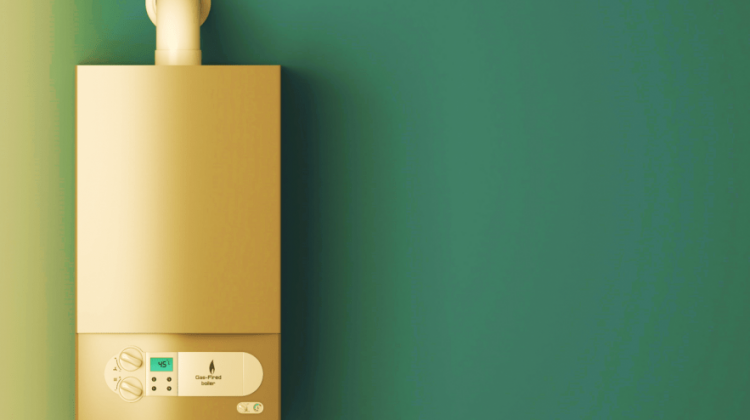
When looking for the best geyser, you need to consider many factors, since the device is purchased for more than one year. All user requests and will not go beyond the allocated budget. What characteristics do you need to decide in the first place?
How to choose an Ideal Water Heater
Types of Water Heaters
Water heaters differ in the type of heating, connection method, and installation. First of all, it is necessary to determine whether the gas or electric type of connection is suitable for the conditions of the room. Gas water heaters are economical but require specialized maintenance. Electric heaters are easy to install and, compared with gas, have a wide range. The minus of electric heating is an increase in energy consumption.
Instant water heaters stand out. Such appliances generate heat instantly and can give you warm water in seconds. Instant water heaters can be connected to the permanent water supply as storage water heaters can.
The duration is taken by a water heater to Heat up the water
The next thing to decide is how quickly hot water should be supplied. Immediately after opening the tap, hot water is supplied by instantaneous water heaters. The best geyser and water heaters range includes pressure and non-flow instantaneous water heaters, with a connection to gas and electricity. Free-flow instantaneous water heaters are installed near the water intake point.
Pressure models are built into the water riser and are designed for several water points. For use in a city apartment, it is more logical to use a pressurized water heater, and a non-pressure one is suitable for a country house or garage. The instantaneous water heater is mounted on a wall close to the parsing point in order to minimize heat loss.
Also Read: Air cooler Vs Air Conditioner: Best Option to Choose From
Storage water heaters require more time for preheating, so warm water from such devices is not immediately supplied. Storage water heaters support vertical, horizontal and universal installation. If you plan to place the device in a small room, then it is better to buy a horizontal storage water heater: such models are more compact and can be installed even under the ceiling. Flat storage water heater – a great solution for a small apartment.
How to choose the Tank Volume of water heater?
Depending on the number of intended users, a tank of small, medium or large capacity is chosen. Storage water heaters of small capacity are compact and suitable for installation in any apartment. Large capacity models can be used for heating water, heating apartments, offices, and shops.
When choosing a tank volume, you need to be guided by the necessary amount of hot water, taking into account the dilution of its cold. For example, it is estimated that to wash dishes or take a bath, 30-40ºC is enough, the temperature of the water in the tank can be much higher. Therefore, to meet daily needs, the volume of the tank may be less than the required volume of water.
Dimensions of water heaters and where to place them?
Mid-range water heaters are small in size and can be mounted horizontally or vertically. Depending on the model, the heaters can be installed on the floor, mounted on a wall or ceiling.
Large-capacity water heaters and storage tanks are designed for the hot water supply of private houses. Due to the large area of the heat exchangers, they can be connected to various energy sources: electricity, central heating, solar panels, a heat pump, etc. Such water heaters can provide any room with hot water, but they always have large dimensions.
Heating Elements
The submersible heater is in direct contact with water. The heating element is made of copper, which provides resistance to corrosion and long service life. The main advantage of a water heater with a submersible heater is its affordable price. The disadvantage of such devices is in the dangerous proximity of electricity and water – the user risks getting a strong electric shock.
TakeOver:
Dry heaters are a more modern and safe solution. Such models have in their design a heating element enclosed in a steatite flask. This eliminates its direct contact with water and creates a number of additional advantages. Dry heating elements are equipped with special thermal protection units, so the inclusion of such best geyser without water is safe, unlike devices with submersible heating elements. Even if the thermal protection unit does not work, only the heater itself will be damaged -the water heater will remain intact.


[…] Read More: How to Choose an Ideal Water Heater for your Home? […]